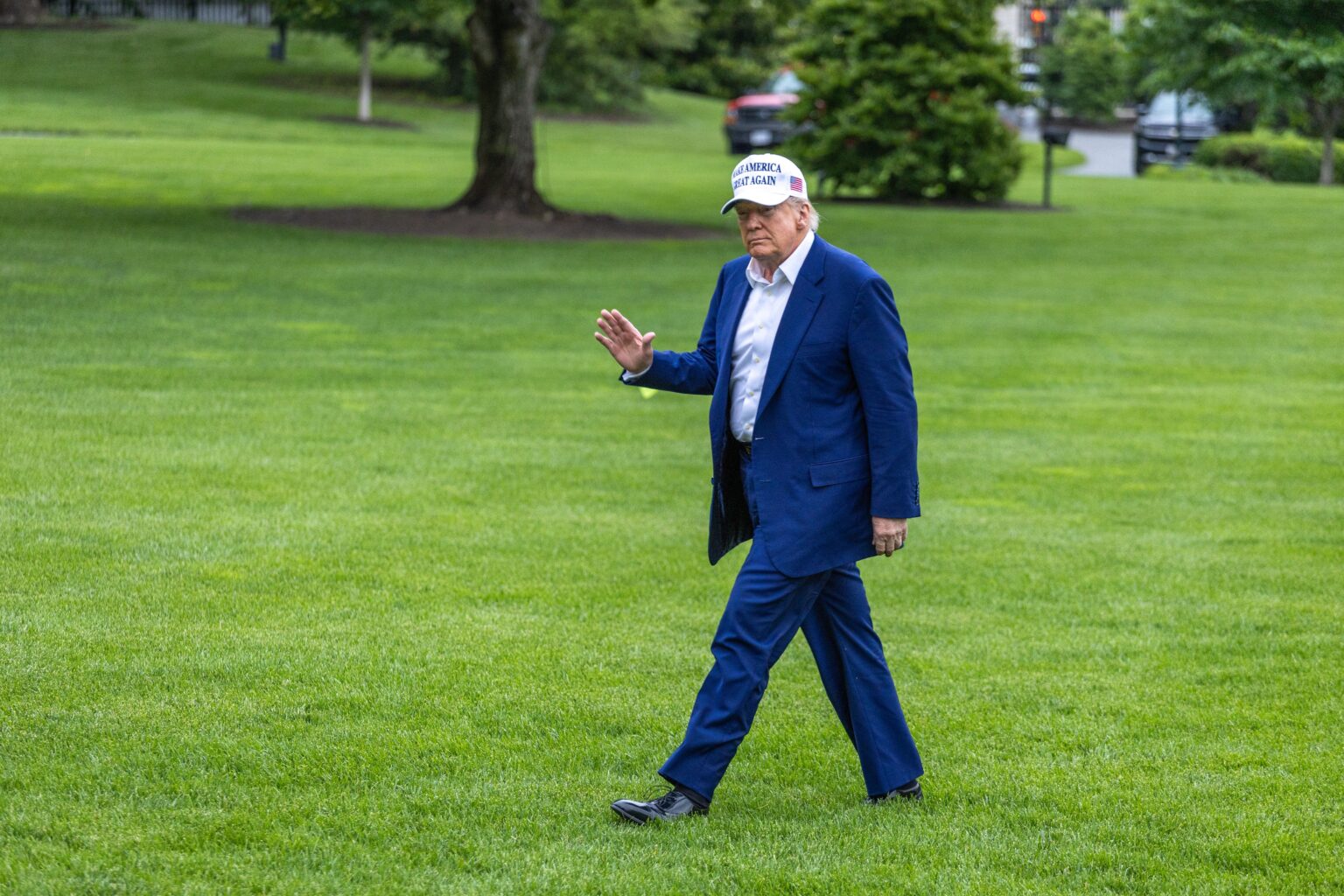The Controversial Legacy of Tina Peters in the Context of Presidential Pardons
While Tina Peters may not be a widely recognized figure nationally, she has become a prominent symbol within certain political factions, especially amid this week’s wave of Donald Trump pardons and commutations. Peters, a former election official from Mesa County, Colorado, is currently serving a nine-year sentence for allowing an unauthorized individual access to voting machines after the 2020 presidential election. She has long claimed that the election was compromised by widespread fraud, echoing the unfounded conspiracy theories propagated by Trump and his allies. To supporters like Marjorie Taylor Greene, Peters is viewed as a political prisoner unjustly persecuted by the system. Greene publicly stated that Peters “saw irregularities in Colorado elections and chose to act according to her conscience,” framing her case as a matter of political repression.
The Broader Pattern of Presidential Clemency and Its Political Implications
The rallying cry of “Free Tina Peters” encapsulates a broader narrative championed by Trump and his allies-that the justice system is biased against their movement. This sentiment was succinctly captured by Trump’s legal advisor, Ed Martin, who recently remarked, “There’s no MAGA left behind.” Over the past week, Trump issued a series of pardons and commutations, extending clemency to a diverse group of individuals convicted of various crimes. These include reality TV personalities Todd and Julie Chrisley, who faced fraud charges; former Republican Congressman Michael Grimm, convicted of tax evasion; and Scott Jenkins, a former sheriff from Virginia, whose bribery conviction Trump claimed was a politically motivated attack by “radical left monsters.”
Potential Future Pardons and Political Strategies
Looking ahead, it appears that more individuals aligned with Trump’s political circle may benefit from his clemency powers. Notably, Peter Navarro, his former trade adviser, who served time for contempt of Congress after refusing to cooperate with the January 6 committee, is reportedly under consideration for a pardon. The Department of Justice is said to be reviewing whether to dismiss the case altogether. Despite Peters’ conviction on state charges, which disqualifies her from a presidential pardon, Trump publicly claimed he was instructing the Justice Department to take “all necessary steps” to secure her release, asserting she is “an innocent political prisoner being unjustly punished.”
Selective Justice and Political Favoritism
Trump’s history of leveraging presidential powers to serve personal and political interests is well-documented. During his first term, he frequently used pardons to reward allies and shield supporters. For example, he pardoned the Chrisley family after their fraud convictions, despite widespread criticism. He also suggested he might pardon individuals involved in the plot to kidnap Michigan Governor Gretchen Whitmer, describing their convictions as a “railroad job” and indicating he would review their cases. Whitmer, who has maintained a more cooperative stance toward the federal government than some of her Democratic counterparts, expressed her disappointment at the possibility of such pardons.
The Two-Tiered Justice System and Its Consequences
These actions reinforce the perception among Trump supporters that justice is applied unevenly-favoring his allies and punishing his opponents. Jena Griswold, Colorado’s Secretary of State, criticized this approach, stating, “Trump is creating a two-tiered legal system-one for his supporters, who can act with impunity, and another for everyone else.” This divide was starkly illustrated by his decision to pardon the roughly 1,500 individuals involved in the January 6 Capitol riot, whom he referred to as “J6 hostages.” These included members of extremist groups like the Proud Boys and Oath Keepers, whose actions Trump publicly justified, despite widespread condemnation from legal experts and political leaders.
The Erosion of Legal Norms and the Role of Politics in Justice
Trump’s use of the pardon power has increasingly blurred the lines between law and politics. His actions suggest a view of the presidency as a tool for personal loyalty and political advantage, rather than a neutral arbiter of justice. This approach has alarmed many legal scholars, including Kim Wehle, author of Pardon Power: How the Pardon System Works-and Why. Wehle argues that “the rule of law is being replaced by the White House’s subjective interpretation of justice,” undermining the foundational principles of American democracy.
Recent Cases Highlighting the Political Manipulation of Justice
For instance, Teak Ty Brockbank, a Colorado man convicted of online threats against election officials, was sentenced to three years in prison. His case drew attention because his threats were influenced by false claims circulated by Trump supporters. Brockbank’s attorney argued for leniency, noting that individuals involved in the January 6 insurrection received pardons for similar conduct. Jena Griswold emphasized that “Trump’s promotion of false narratives incites individuals to commit crimes, and then he pardons those who act on his behalf,” fostering a sense among extremists that justice is reserved for the privileged few.

